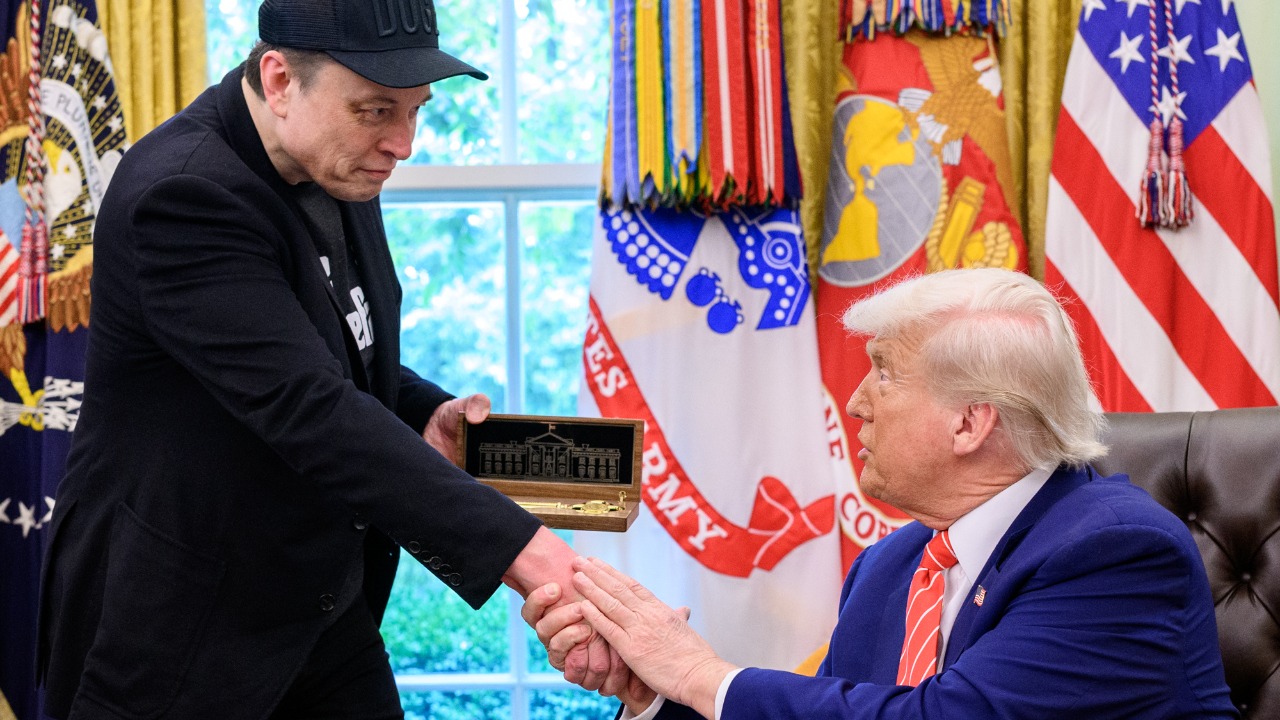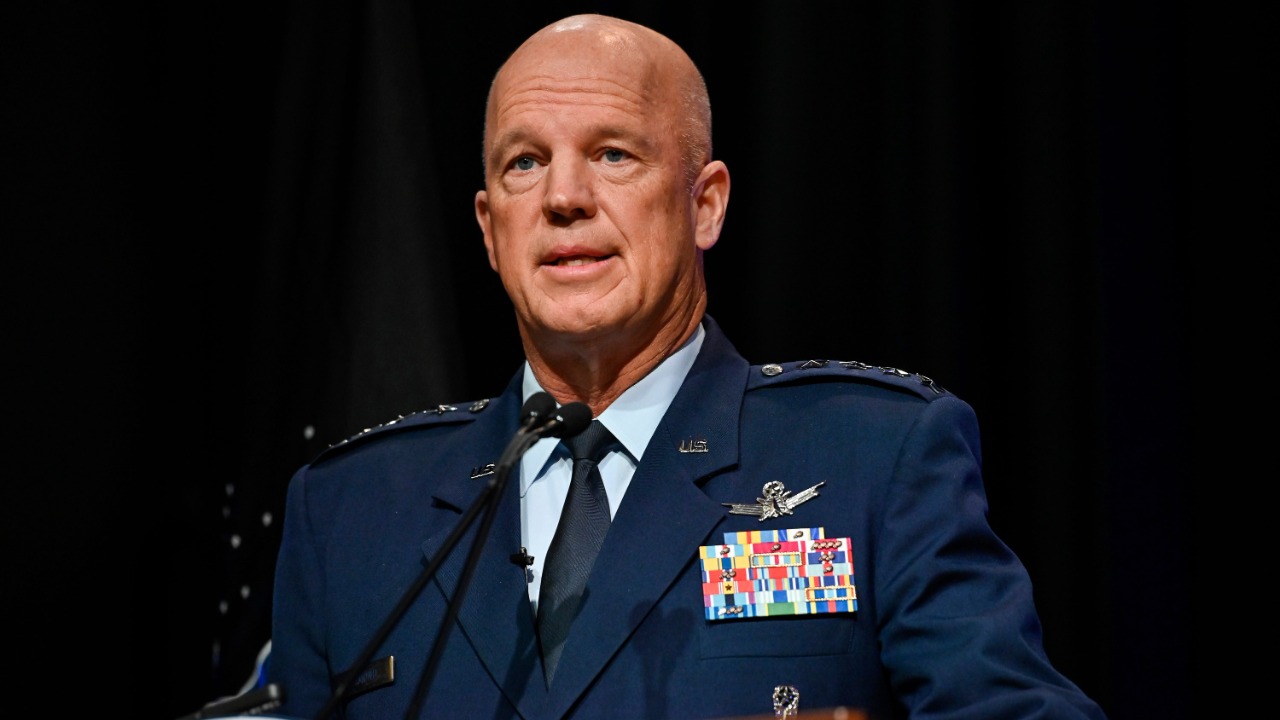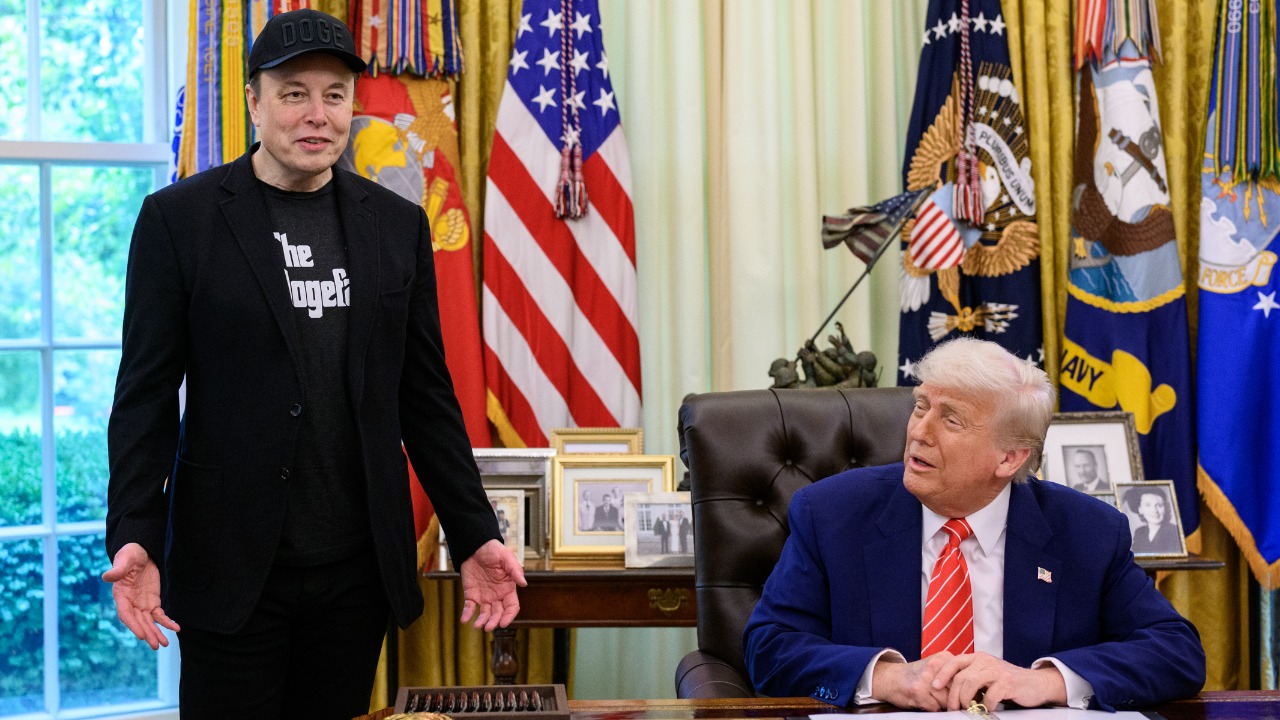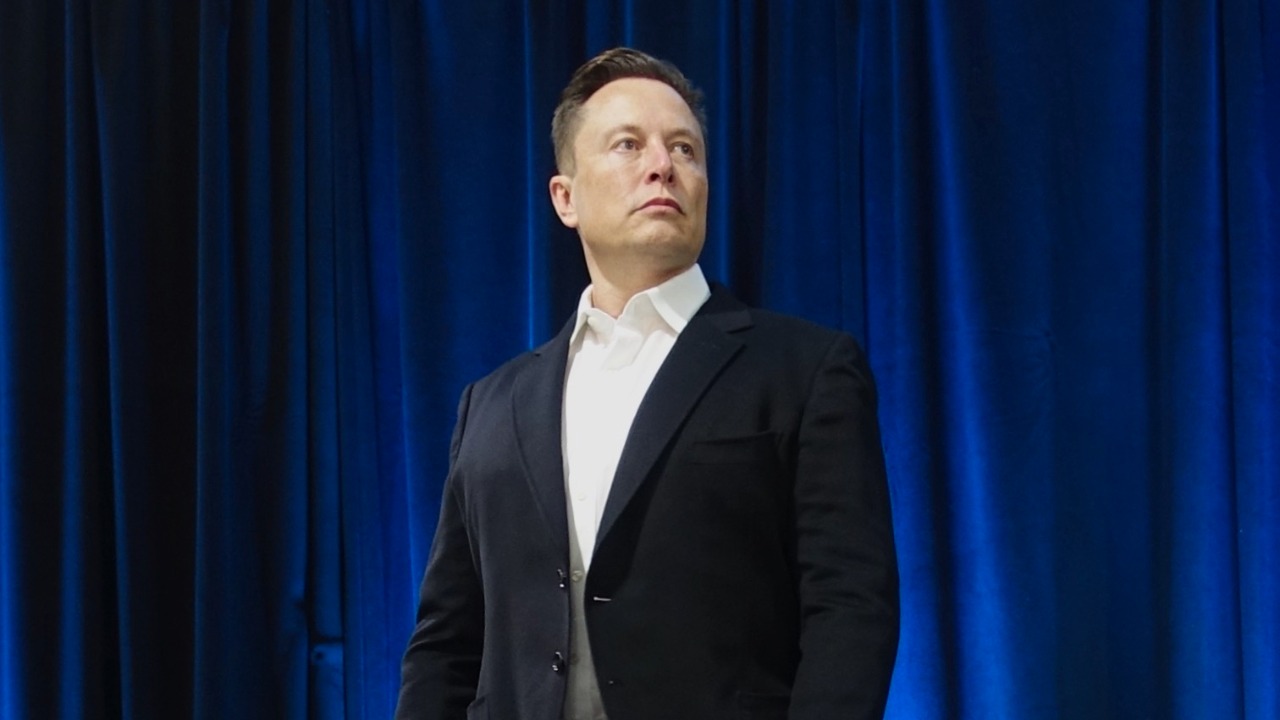SpaceX, the private aerospace manufacturer and space transportation company, has recently secured a significant contract with the Pentagon’s U.S. Space Force, marking a key advancement in military space operations. This deal underscores the company’s growing role in national defense initiatives. Meanwhile, Elon Musk, the CEO of SpaceX, has publicly denied reports of a possible $400 million U.S. government deal to purchase Tesla Cybertrucks.
The Background of SpaceX’s Government Partnerships

SpaceX’s collaborations with U.S. military entities have evolved over time to include Space Force-specific projects. The company’s reusable rocket technology has become a strategic asset in Pentagon procurement strategies, offering cost-effective and efficient solutions for space missions. This technology has been instrumental in SpaceX’s defense-related launches, aligning with national security goals and demonstrating the company’s capabilities in delivering reliable space services.
SpaceX’s partnerships with the U.S. military have not only contributed to the advancement of defense technologies but also paved the way for the company’s involvement in broader space exploration initiatives. The company’s successful missions have solidified its reputation as a reliable partner for the U.S. government, setting the stage for the recent Space Force contract.
Key Details of the Space Force Contract

The contract between SpaceX and the U.S. Space Force encompasses a range of services and technologies provided by SpaceX. While the specific details of the contract are not publicly disclosed, it is understood that SpaceX’s advanced rocket technology and expertise in space operations are key components of the agreement.
The timeline and deliverables outlined in the contract are expected to align with the Space Force’s strategic objectives. The involvement of Pentagon officials in the contract award process underscores the significance of this partnership and the U.S. government’s confidence in SpaceX’s capabilities.
Financial and Contractual Value

The financial value and funding structure of the SpaceX-Pentagon deal have not been disclosed. However, given the scale of the contract and SpaceX’s previous military agreements, it is likely to represent a significant investment by the U.S. government. The contract may also include performance-based incentives or long-term financial commitments, reflecting the strategic importance of SpaceX’s services to the Space Force.
The contract’s value extends beyond its monetary worth. It signifies a major milestone in SpaceX’s partnerships with the U.S. military and further cements the company’s role in national defense initiatives. The deal also underscores the Pentagon’s trust in SpaceX’s capabilities and its commitment to leveraging private sector innovation for defense purposes.
Elon Musk’s Response to Government Deal Rumors

Amid the news of SpaceX’s Pentagon contract, Elon Musk has directly denied rumors of a $400 million U.S. government deal for Tesla Cybertrucks. His statement, made public via social media, has put to rest speculations about a potential large-scale government purchase of Tesla’s electric vehicles.
The timing of Musk’s denial, coinciding with the announcement of the SpaceX contract, suggests a strategic move to separate the narratives of his two companies. While SpaceX continues to strengthen its government partnerships, Musk’s denial indicates that Tesla’s government relations may follow a different trajectory.
Implications for U.S. Military Space Capabilities

The SpaceX contract is expected to enhance U.S. Space Force operations, particularly in the areas of satellite deployment and maintenance. SpaceX’s advanced rocket technology and proven track record in space operations make it a valuable partner for the Space Force as it seeks to expand its capabilities and reach in space.
The contract also highlights the growing role of private companies like SpaceX in U.S. defense strategies. By partnering with SpaceX, the U.S. government is reducing its reliance on traditional defense contractors and leveraging private sector innovation to stay ahead in the global space race.
Broader Impact on Musk’s Business Empire

The SpaceX-Pentagon deal is a significant addition to Elon Musk’s business portfolio. While it is separate from his other ventures, such as Tesla, the contract contributes to the overall growth and diversification of Musk’s business interests. It also reinforces SpaceX’s position as a leading player in the global space industry.
Government contracts like this one can influence SpaceX’s innovation pipeline, potentially driving the development of new technologies and services for civilian space projects. The deal’s potential to shape future Pentagon budgets for space also underscores its strategic importance, not just for SpaceX, but for the broader U.S. space industry.
As SpaceX continues to expand its partnerships with the U.S. government, it is clear that the company is playing a pivotal role in shaping the future of space exploration and defense. This latest contract with the U.S. Space Force is a testament to SpaceX’s capabilities and its growing influence in the space sector.